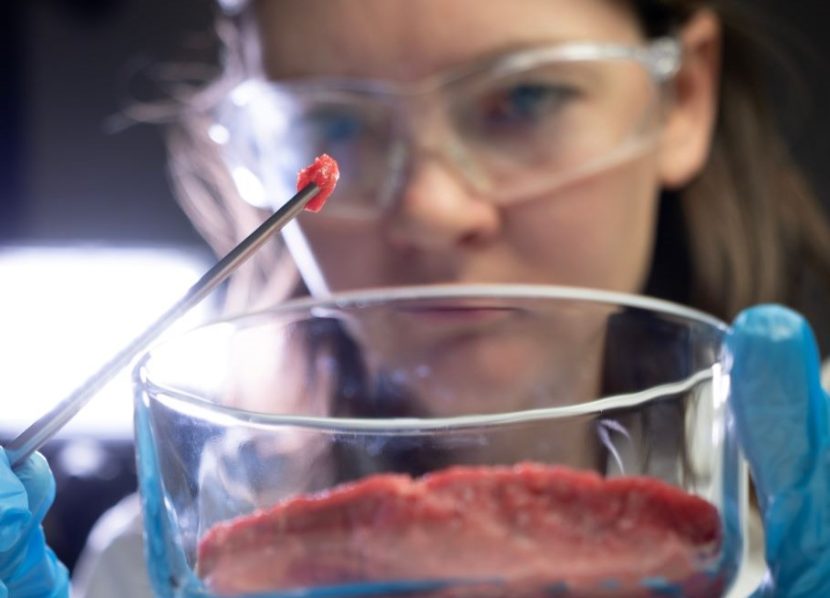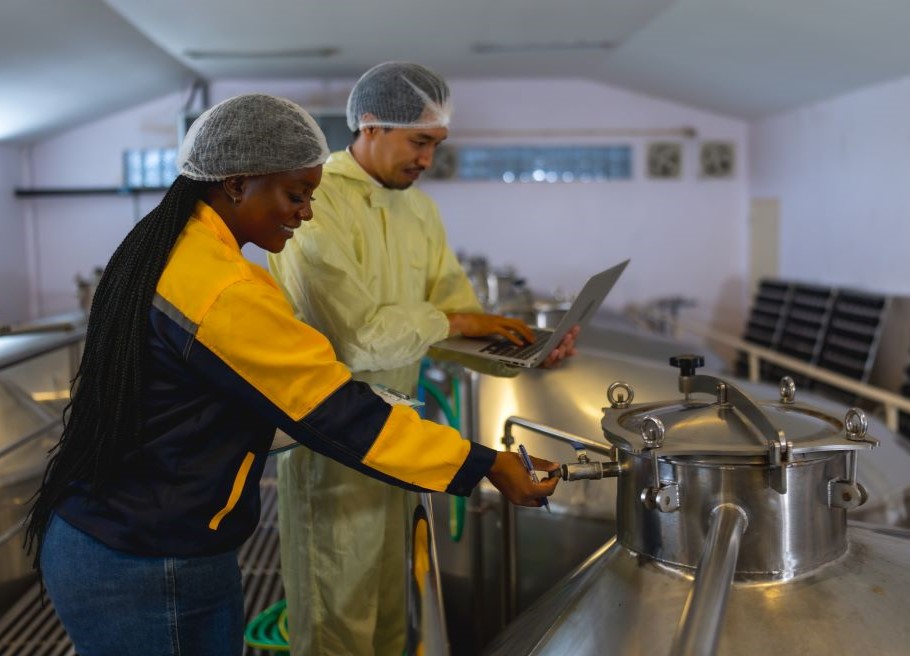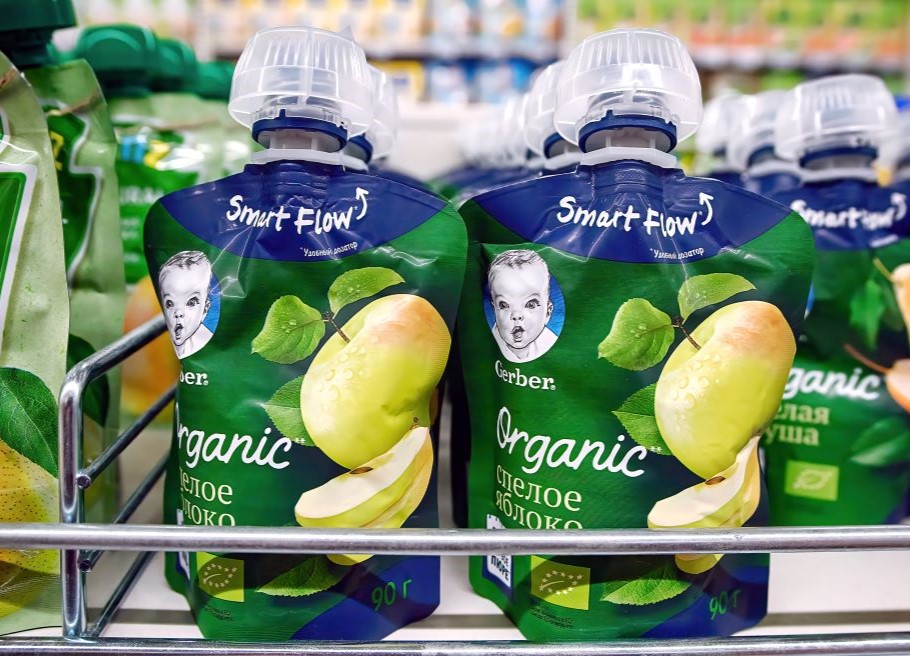The Path to Sustainable Food: EU Regulations and Cell Cultured Meat
By Mathilde Do Chi
As the world grapples with the need for sustainable food solutions, the development of products like cell cultured meat offers a promising alternative to conventional animal products such as meat, dairy, egg, and seafood.
This article explores the significance of modernizing regulations in the EU for the future of cell-based animal-based products, considering the development of new consumer products, sustainability goals, the need for global harmonization, and increased participation of smaller producers.
Harmonized regulations also benefit manufacturers, as they streamline compliance efforts and enable efficient distribution of cell-based animal-based products across borders.
Development of New Consumer Products
As acknowledged by the European Commission in its Farm to Fork Strategy in 2020, there is a crucial need to develop alternative sources of proteins to help consumers lower their consumption of animal-based proteins . Cell cultured meat, dairy, egg and seafood products fall into this category of products alongside plant-based alternatives and fermentation-derived products.
However, consumers do not have access to these products yet and may not be familiar with them as they undergo a complex and lengthy regulatory approval process. Presently, such products remain regulated under the novel food regulation which applies to any food that does not have a safe history of consumption within the EU before the May 15, 1997 . Despite some updates since its enactment, this regulation is difficult for producers to adhere to as it gives little clarity on how to demonstrate the safety and quality of products to authorities and consumers.
Meeting the Sustainability Goals of the Paris Agreement
Cell-based animal-based products represent a key tool in achieving the sustainability goals set forth by the The overarching goal of the agreement is to curb greenhouse gas emissions and combat climate change, bearing in mind that the food sector accounts for one-third of the greenhouse gas emissions. Traditional animal farming consumes vast amounts of resources which could be preserved by developing cell-based animal products since they are produced in controlled environments requiring fewer resources, such as land, water, and feed, while generating lower emissions. By integrating the positive environmental impacts of cell-based animal products in regulations, the EU could further its commitment to sustainability and ultimately achieve goals set by the Paris Agreement.
Creating Inclusive Regulations for Global Distribution
Harmonizing regulations across different jurisdictions is crucial for the global distribution of cell-based animal products. Standards and guidelines governing food safety and trade are already in place at the Codex Alimentarius level for conventional products but they remain to be created for innovative products like cell-based animal products.
As these products hold immense potential on a global scale, it is essential to establish consistent and compatible regulatory frameworks to facilitate market access and trade. The EU, as a major player in agricultural production and a champion of regulatory standards, has an opportunity to lead in establishing harmonized regulations for these innovative products. Last May, the EU demonstrated its willingness to better its existing novel food regulation by organizing the EFSA’s Scientific Colloquium 27 “Cell culture-derived foods and food ingredients.” This echoed another milestone two months prior with the release of the FAO and WHO report on the food safety aspects of cell-based food.
Collaboration between regulatory authorities, industry stakeholders, and international organizations can pave the way for harmonization efforts. By working towards aligning safety assessments, labeling requirements, and production standards, countries can eliminate unnecessary trade barriers and ensure consumer protection on a global scale.
Harmonized regulations also benefit manufacturers, as they streamline compliance efforts and enable efficient distribution of cell-based animal-based products across borders.
Increased Participation of Smaller Producers
To date, all the companies involved in the production of cell-based animal products are small and medium enterprises, and more specifically are startups. On the other hand, traditional meat production is often dominated by large-scale operations that have the resources and infrastructure to meet regulatory requirements. Cell-based animal-based technologies offer an opportunity for smaller-scale producers to enter the market and compete on an equal footing.
With appropriate regulations that consider the unique challenges and capabilities of smaller producers, the EU can foster a diverse and inclusive market for cell-based animal-based products. This not only promotes innovation but also supports local economies, encourages entrepreneurship, and drives job creation. By providing regulatory clarity and support, the EU can set up a fair and level playing field, and ultimately empower smaller producers to contribute to the growth and sustainability of the cell-based animal-based product industry.
Modernization of Regulations is Key to Adoption of Cell Cultured Meat and Other Products
Modernizing regulations in the EU is paramount for unlocking the full potential of cell-based animal-based products. By fostering the development of new consumer products, aligning with sustainability goals, promoting global harmonization, and encouraging the participation of smaller producers, the EU can establish itself as a leader in this emerging sector. Through forward-thinking regulatory frameworks, the EU can support innovation, address consumer concerns, and drive the transition towards a more sustainable and ethical food system. The future of cell-based animal-based products holds immense promise, and by embracing modernized regulations, the EU can pave the way for a transformative and sustainable future.
About the Author
Mathilde Do Chi is a food law and regulatory consultant in global alternative protein, foodtech and biotech regulations. Before founding her own consultancy in 2022, she previously worked for law firms, an IP consultancy, French and Japanese governmental entities, the FAO, ADM and a public affairs consultancy. She regularly appears at conferences and is interview on podcasts, and is passionate about making regulations that support the future of food accessible to non-lawyers.

-
 FeaturedRisk management
The Cost of a Breach: What a Cyberattack Could Mean for Food Safety Recalls
FeaturedRisk management
The Cost of a Breach: What a Cyberattack Could Mean for Food Safety Recalls
-
 FeaturedRisk management
Securing the Food Chain: How ISO/IEC 27001 Strengthens Cybersecurity
FeaturedRisk management
Securing the Food Chain: How ISO/IEC 27001 Strengthens Cybersecurity
-
 FeaturedRisk management
Revolutionizing Food Safety Training: Breaking Out of the “Check-the-Box” Mentality
FeaturedRisk management
Revolutionizing Food Safety Training: Breaking Out of the “Check-the-Box” Mentality
-
 GFSI Standards
GFSI 2025: Building Trust, Tech-Forward Solutions, and Global Unity in Food Safety
GFSI Standards
GFSI 2025: Building Trust, Tech-Forward Solutions, and Global Unity in Food Safety
-
 FeaturedFood Safety
Integrated Pest Management: Strategies to Protect Your Brand’s Reputation
FeaturedFood Safety
Integrated Pest Management: Strategies to Protect Your Brand’s Reputation
-
 FeaturedFood Safety Culture & Training
No Open Door Policy: Challenges That Impact Pest Control in Food Processing Plants
FeaturedFood Safety Culture & Training
No Open Door Policy: Challenges That Impact Pest Control in Food Processing Plants




